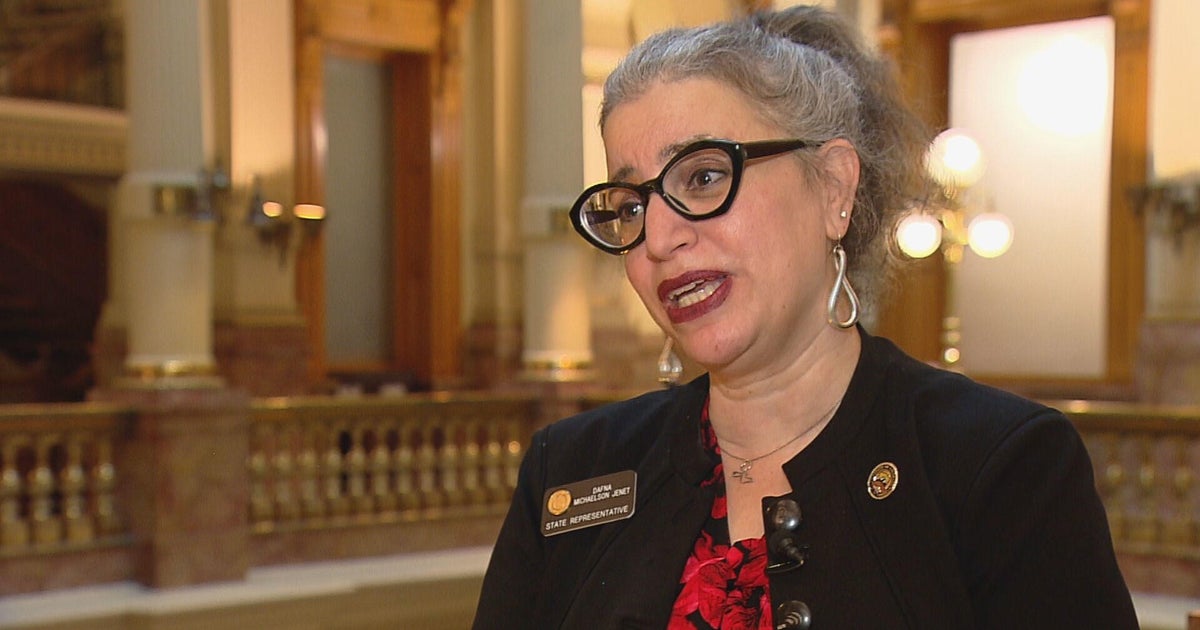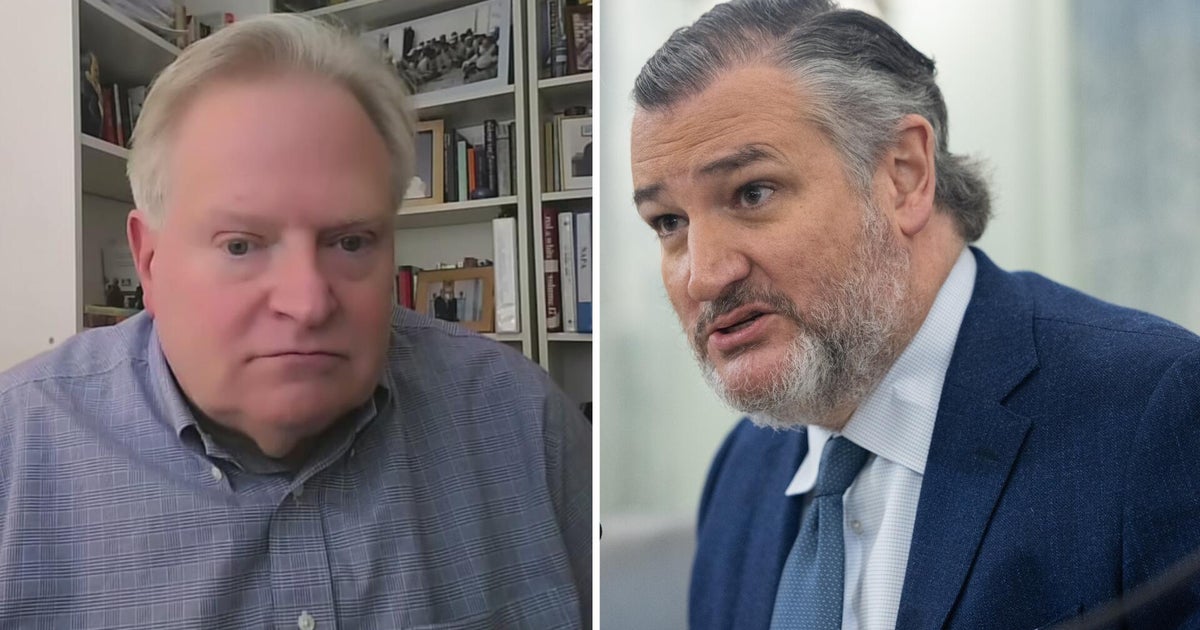Transcript: Sen. Dianne Feinstein on "Face the Nation," April 22, 2018
Sen. Dianne Feinstein, D-California, the ranking member on the Senate's judiciary committee, joined "Face the Nation" on Sunday, April 22.
She discussed North Korea following the country's announcement that it is suspending nuclear and missile tests, and other topics.
What follows is a transcript of the interview that aired during Sunday's broadcast.
MARGARET BRENNAN: We turn now to California Democratic Senator Dianne Feinstein. She joins us from San Francisco.
Welcome to FACE THE NATION. Senator, I want to ask you the North Koreans have announced that they're going to suspend ballistic missile and nuclear testing and shut down a site in the north of that country. How significant is this and do you have reason to believe they'll follow through?
SENATOR DIANNE FEINSTEIN: Well it's a beginning. They are a threat to the United States. I very much welcome this approach and the fact that the two presidents will have an opportunity to meet and hopefully establish the new perimeter of a- of a relationship.
BRENNAN: It was revealed this week that CIA Director Mike Pompeo had made a secret trip to North Korea. You've said you have serious doubts about whether he is qualified to be secretary of state and you've questioned his commitment to diplomacy.
SEN. FEINSTEIN: The things that were a bit of a put off for me about Mr. Pompeo were a lot of his statements and that's the past now. And I think it's very important that if the President goes, that the meeting between Kim Jong-un and our president goes well, and that there is an ability to put together some terms of an agreement that might exist. The question is whether it lasts or not. And of course the reputation of the North Koreans has been that they don't necessarily keep their agreements.
BRENNAN: The CIA released some redacted memos involving Gina Haspel's role in the CIA torture program, and she was the one who drafted memos that ultimately ordered the destruction of tapes of those enhanced interrogations. This declassification said that she acted appropriately. Why is that judgment not enough for you?
SEN. FEINSTEIN:I am of the opinion that putting somebody right now at the head of the CIA who played a role in let's say torture is not necessarily appropriate. I have met with Gina Haspel. I know her somewhat. I know that she is talented but I also know that she was fully supportive of the program that many of us are very critical of.
BRENNAN: This investigation by the CIA said she personally acted appropriately it absolved her. What do you need to learn about her for your vote to be a yes?
SEN. FEINSTEIN: I have spoken to her about it. So I know that she regrets it. The point is that she was supportive of the program while it was going on and actually supervised one of the sites where some of this "interrogation" so-called went on. She's the number two position now. That's different from number one, the head of the CIA worldwide. There are countries that look very badly on what the United States did, particularly European countries. And we want whoever is head of the CIA to be able to be acceptable to our allies. So this is an open question in my mind. We need to resolve it. We have not yet had the hearings. I generally do not make up my mind until after the hearing.
BRENNAN: So it sounds like you are leaning towards a "no" but are not quite there yet. I want to ask you about what you're thinking here because there are some in the intelligence community who are looking to you as a very key vote here. Gina Haspel would be the first female CIA director. She has a lot of support from within the agency. But then there are those who are questioning whether it's possible for you personally to be supportive of her given the pressures you are feeling from progressives back in your home state of California right now that you just can't afford to support any Trump nominee.
SEN. FEINSTEIN: Well that isn't necessarily correct.
BRENNAN: Can you explain how you're weighing this?
SEN. FEINSTEIN: That isn't correct. Obviously that's your interpretation of it and you're welcome to that interpretation.
BRENNAN: It's not my interpretation -
SEN. FEINSTEIN: I care about who -
BRENNAN: - there is some speculation and that's why I'm asking you if it's a factor
SEN. FEINSTEIN: - is the head of the CIA and I'm going to do my due diligence, have a chance to ask her questions in the public arena and we'll do just that, and then we'll make up my mind whether I believe she's an appropriate person to head this agency.
BRENNAN: There's a report in The Washington Post that Attorney General Jeff Sessions informed the White House that he would be willing to resign if his deputy Rod Rosenstein was fired. I'm wondering if this legislation that you and Senator Grassley were working on to protect the office of the Special Counsel if that makes you think that is more needed now or how you're viewing these reports.
FEINSTEIN: Well I view the reports with concern. I admire Mr. Sessions for saying that, and I believe he means it. And I think Mr. Rosenstein is a very good man and a very good member of the United States government. So we - we once again will see our legislation I think is well thought out. I'm hopeful that we can get this done so there is backup for Bob Muller.
BRENNAN: You think Bob Mueller needs backup but -
FEINSTEIN: Well not necessarily. I think it's not at all harmful to have it though, knowing how these things go.
BRENNAN: Senator Feinstein thank you for joining us.
FEINSTEIN: Thank you very much.
BRENNAN: And we'll be back in one minute.



